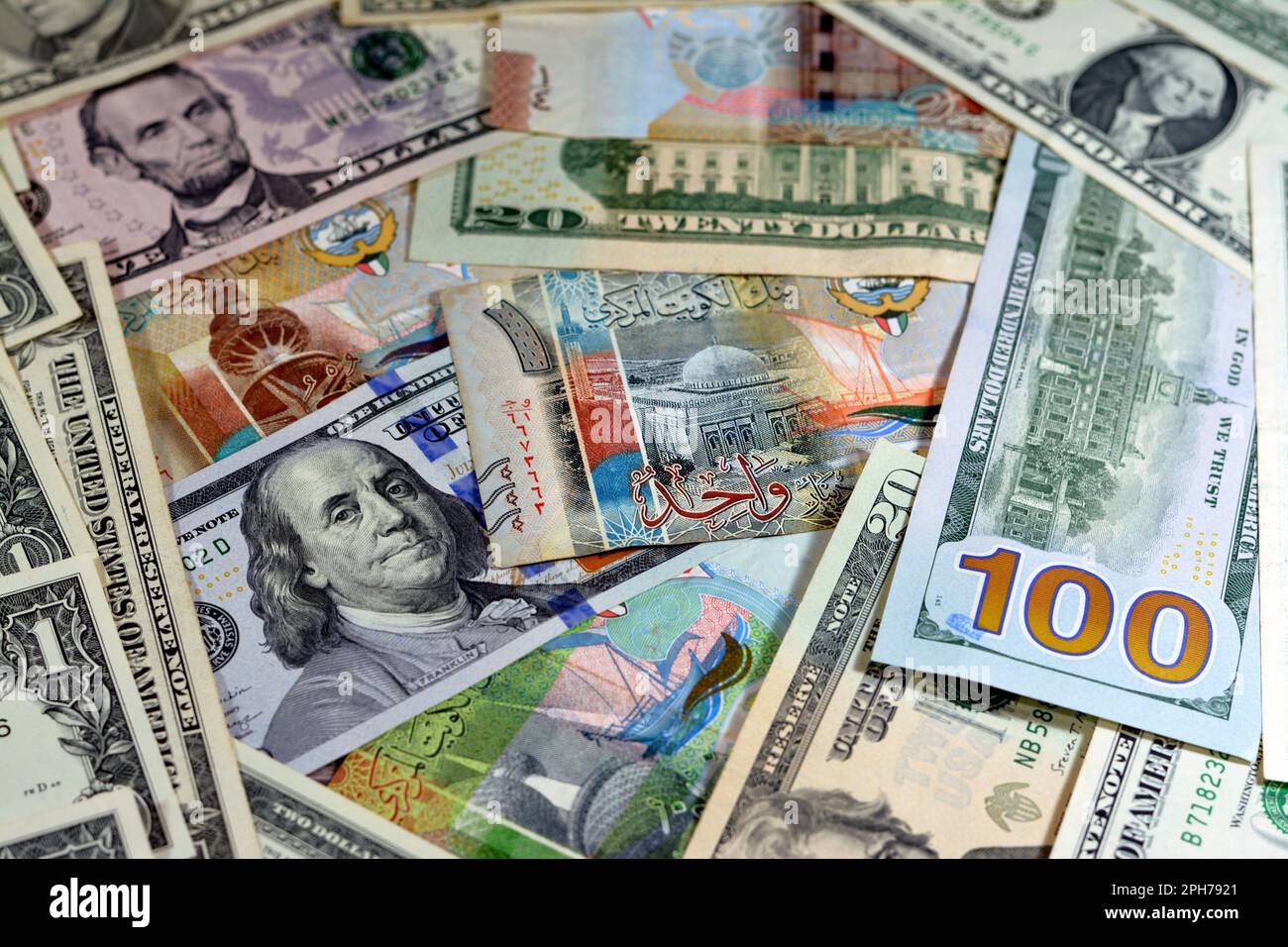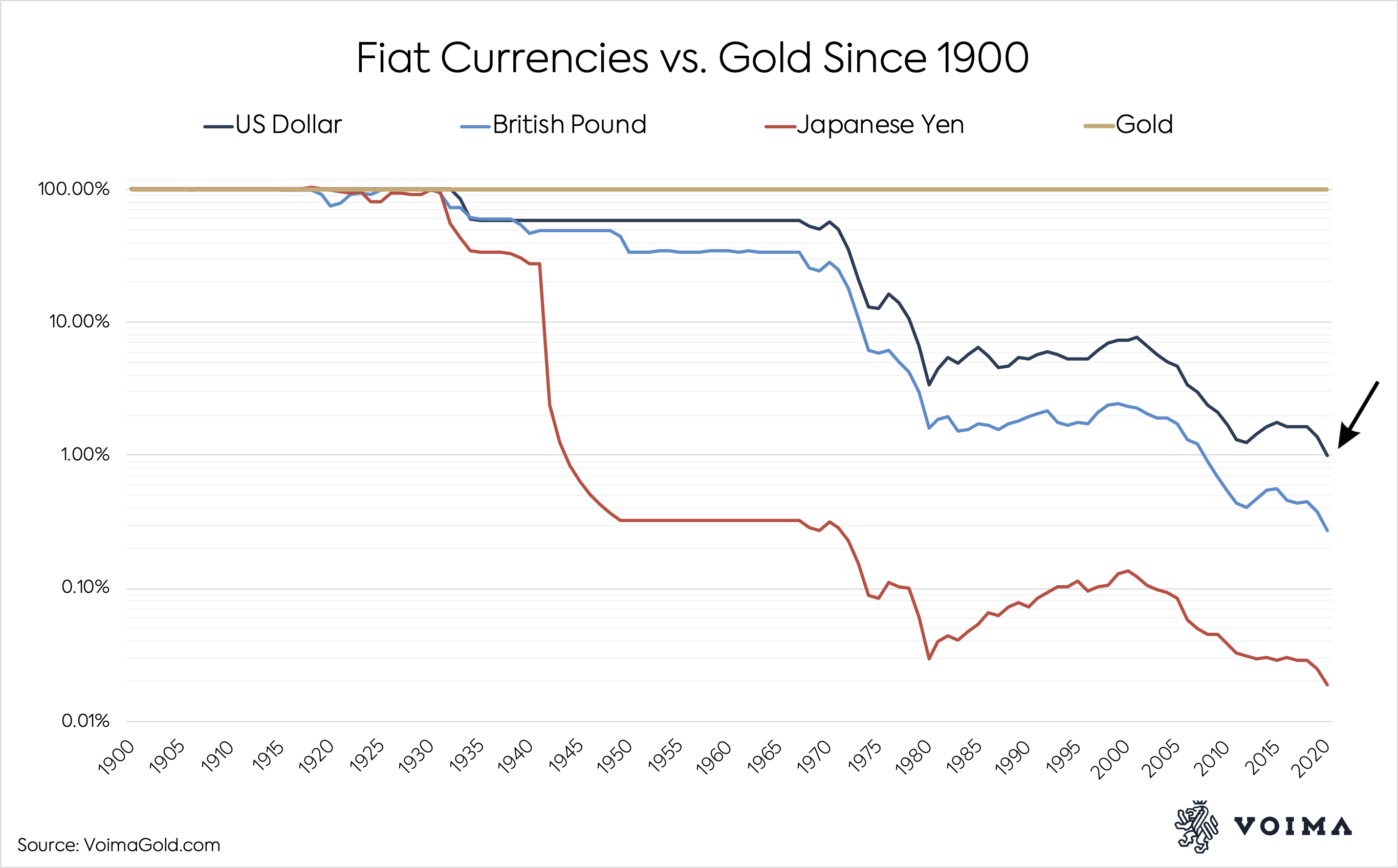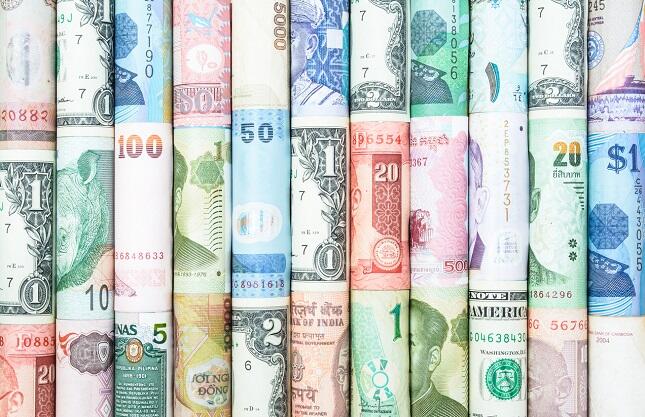

Incidentally, because of its stability, the German mark was also considered the reserve currency for the intra-European economy before the introduction of the euro. In Southeast and Far Asia, the Japanese yen is of enormous importance, but is slowly losing its significance due to its original circulation and is ceding its role to the Chinese renminbi. Although it still has a share of "only" 16 percent in terms of international use, it is gaining acceptance in more and more economies and also exhibits greater stability.ĭepending on the interpretation of the term reserve currency, other currencies are also regarded as such: The British pound has traditionally played a strong role in the countries of the British Commonwealth. Since 2002, the euro has also increasingly been seen as a reserve currency. The dollar has enormous influence, accounting for 63 percent of global foreign exchange reserves (end of 2017). dollar has been considered a reserve currency since World War II because, for example, oil prices are always calculated in dollars and numerous other currencies have pegged themselves to the U.S. This creates additional demand for dollars and leads to appreciation now.Reserve currencies A reserve currency is a currency that is also used to a particular extent as a means of payment beyond its country of origin. If for some reason investors believe that the dollar will appreciate in one year, they will want to buy it now. We are not sure which effect would be stronger but usually a growing economy is associated with an appreciating currency.Įxpected appreciation of the dollar. imports increase since Americans can buy more international goods and services and cause dollar depreciation. On one hand, that attracts foreign investment and causes dollar appreciation. Convert US Dollar - USD to Major World Currencies with Wise Currency Converter. goods, the demand for dollars declines, and the dollar depreciates.


That leads to greater foreign investment into the U.S., greater demand for dollars, and dollar appreciation. increases its international purchases and investments, that creates additional supply of dollars and the dollar will depreciate. increases, this will create more demand for dollars, and the dollar will appreciate. Holding all else constant, if foreign investment in the U.S.

Foreigners want to buy dollars when they:Īt the same time U.S. when more people want to buy it and depreciates when the supply increases, i.e. The exchange rate appreciates when the demand for the currency increases, i.e. We say that a currency is appreciating/depreciating relative to another currency if it takes more/less units of the other currency to purchase it. The exchange rate is the price of one currency expressed in units of another currency. What factors determine the exchange rates


 0 kommentar(er)
0 kommentar(er)
